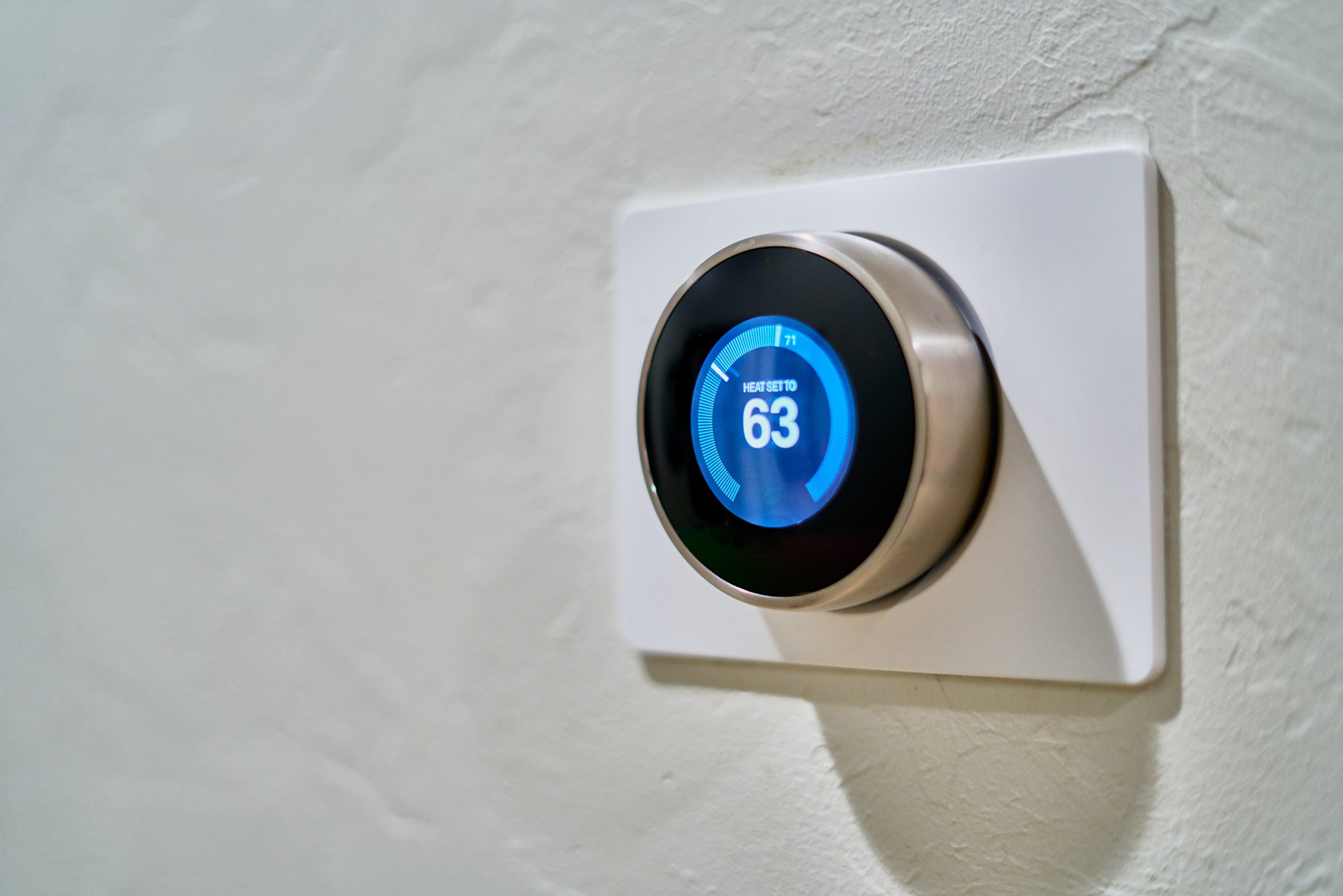The houses of the future will be characterized by an increasing level of technological integration; in other words, domestic environments will be increasingly 'smart', thanks to the use of sophisticated remote control systems for devices and systems. The evolution of living spaces from this point of view is largely due to home automation, the discipline that develops integrated solutions to improve the quality of life in the home.
The market for Smart Home products is characterized by a number of trends that have emerged over the last two years. In particular, there is a growing attention for i security systems and access controls: the average user prefers simple and easy-to-use solutions that, at the same time, guarantee an adequate degree of protection from any cyber attacks.
In the commercial field, on the other hand, integrated systems for temperature detection and other controls linked to anti-covid prevention measures remain very widespread.
Another consolidated trend is that concerning devices forenergy efficiency; the possibility of programming the activation and deactivation of the air conditioning and heating systems helps to improve the energy efficiency of the house, avoiding waste and excessive consumption. It is no coincidence that among the main innovations in the sector there are also digital thermostats that connect to the home Wi-Fi, which can be controlled remotely, even via the app. From this point of view, there is an important novelty: the new thermostat with Wi-Fi or 4G LTE module presented last March by vimar, a company specializing in solutions for civil construction, also available online through e-commerce such as Emmebistor. In addition to the new thermostat, featuring a LED matrix display, Vimar has also developed another model, the Eikon Tactil, a flush-mounted thermostat with a wheel and a ring and LED display.
A constantly growing sector
Despite the backlash caused by the Covid-19 pandemic, home automation is a growing sector; last year, in fact, the sector recorded a growth of 29% compared to 2020, demonstrating how the negative effects of the pandemic crisis have already been, albeit in part, amortized. In addition, the Internet of Things sector for the “Smart Home” sector in Italy reached € 650 million, according to data collected by the Internet of Things Observatory of the Politecnico di Milano.
The segments that drive the sector are essentially three: connected household appliances (135 million euros), smart speakers (130 million) and home security solutions (125). The figure for 2021 remains positive even if compared to those prior to the pandemic; in 2019 - the last 'useful' year from this point of view - the total business volume amounted to 530 million euros, a figure that is the result of a 23% growth on 2018.
"The growth of the market"- observe Giulio Salvadori and Angela Tumino, directors of the Internet of Things Observatory -"it could have been even greater but in the past twelve months it has been limited by the shortage of semiconductors and raw materials. This resulted in a significant shortfall in terms of sales, equal to approximately 75 million euros". Potentially, therefore, the Italian market of smart home devices could have benefited from a growth of 45%, a percentage in line with the main European countries (still far away in terms of overall sales volumes). The United Kingdom (+ 43%) and Germany (+ 37%) are the two reference markets also in terms of business volume (which for both is around 4 billion euros). Italy, on the other hand, is close to France (+ 16% compared to 2020), where the overall value of the sector stands at 1,3 billion euros.





